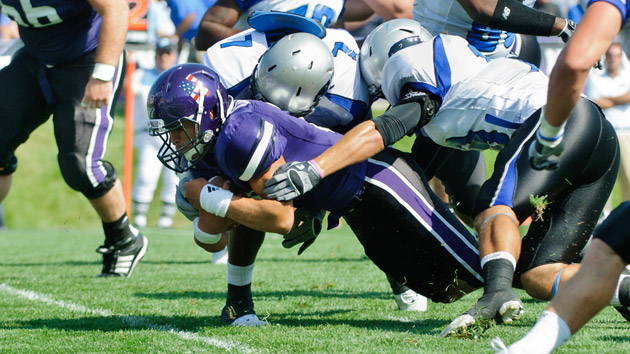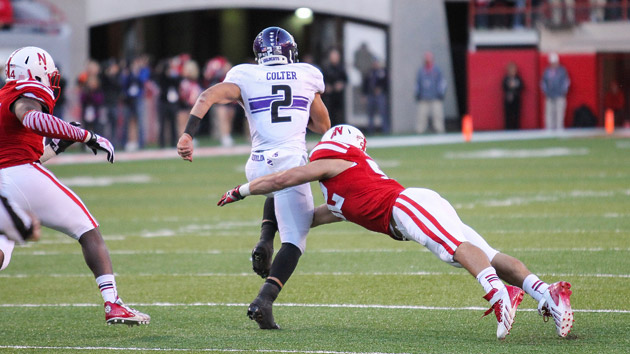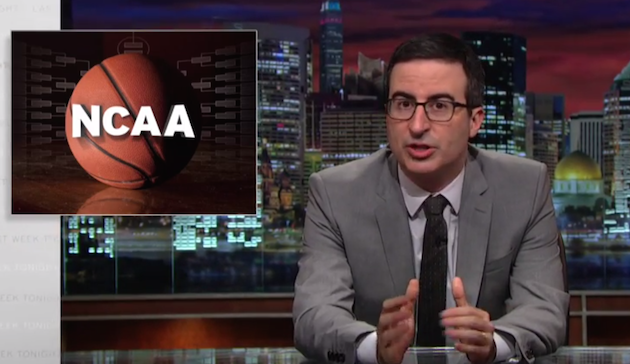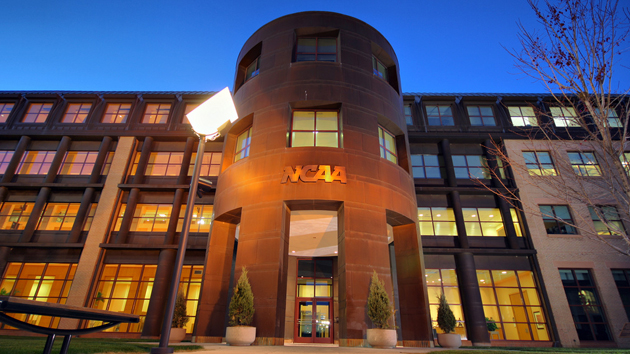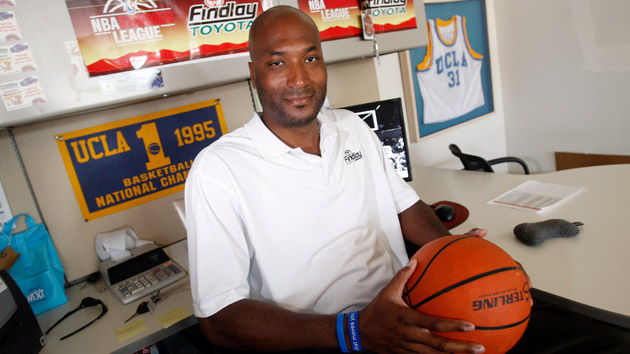
Former UCLA basketball star Ed O'Bannon in 2010.Isaac Brekken/AP
A federal appeals court ruled Wednesday that even though the NCAA violated antitrust law by restricting payments to athletes, the organization can keep colleges from compensating athletes beyond the cost of attending school.
The 78-page opinion struck down a lower court injunction in O’Bannon v. NCAA that proposed that schools pay athletes an additional $5,000 per year in deferred compensation for using their likenesses in video games. It did, however, uphold another decision that granted schools the authority to pay for an athlete’s full cost of attendance, which includes covering expenses like home visits and cellphone bills.
The panel found that the NCAA was “not exempt from antitrust scrutiny,” and that the association’s rules “have been more restrictive than necessary to maintain its tradition of amateurism in support of the college sports market.”
The opinion marks a victory for the NCAA at a time when the organization faces repeated challenges regarding the rights of athletes. In a statement, NCAA president Mark Emmert said: “We agree with the court that the injunction ‘allowing students to be paid cash compensation of up to $5,000 per year was erroneous.’ Since Aug. 1, the NCAA has allowed member schools to provide up to full cost of attendance; however, we disagree that it should be mandated by the courts.”
As Vice Sports‘ Kevin Trahan notes, Wednesday’s decision raises another question at the heart of the debate, at least for gamers: Does it allow EA Sports, and more importantly the NCAA, to cash in on a college sports video game in the future? The answer, Trahan points out, may be yes.

